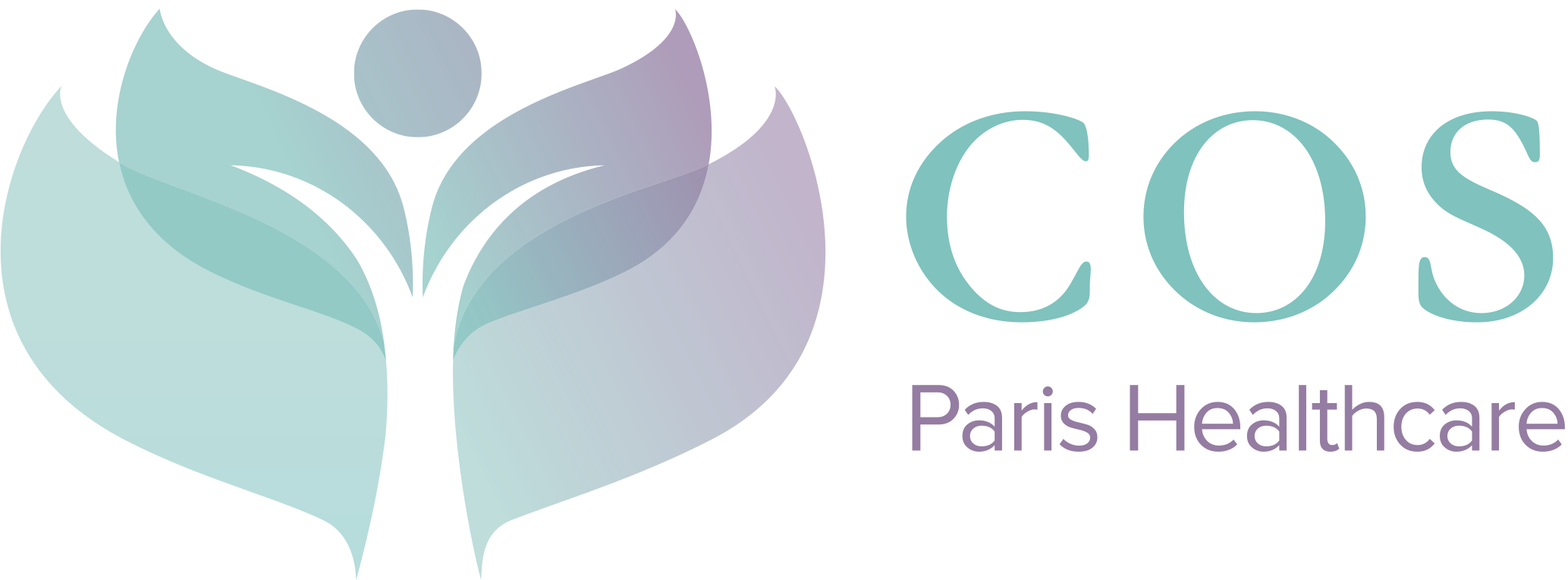Therapeutic innovation seeks to understand cancer so as to put forward effective treatments appropriate to each patient, while causing as few side effects as possible.
In 2014, €154 million was allocated to cancer research. €91 million came from institutional bodies (INCa, ITMO cancer Aviesan, DGOS) and €63 million from charities (Ligue nationale contre le cancer and the Fondation ARC pour la recherche sur le cancer).
The quality of digital imaging is significantly improving tumor diagnosis, monitoring and treatment. Functional MRI (fMRI), for instance, enables a tracer, which is injected into the body to detect any anomalies, to be tracked in real time. Computer and micro-camera assisted surgery is also less invasive and more delicate
Three major categories of gene are linked to cancer: the oncogenes (involved in the development of tumors), tumor suppressor genes and DNA repair genes. Progress made in genomics – the study of genes – has enabled their chemical components to be analyzed. These increasingly affordable tools are now available in many laboratories and enable researchers to study DNA variations in greater detail and understand the mechanisms that lead to a cancer developing.
New drugs known as targeted therapies are starting to prove their worth. For example, anti-angiogenic drugs block new blood vessels from growing; blood vessels are needed by tumors to nourish themselves. Others inhibit a genetic anomaly known to occur in certain types of tumors, which stimulate cell division and consequently the growth of the tumor.
Clinical trials aim to evaluate new cancer treatments in order to find out whether they are effective and well tolerated by patients: drugs, administration methods, treatment (radiotherapy and surgery) and diagnosis techniques.
Drug development is a several stage process:
- Phase 1 trials test the required dose on a small number of patients.
- Phase 2 trials determine treatment effectiveness and tolerance.
- Phase 3 trials compare the drug with a standard treatment and involve many more patients.
- The last phase explores the long-term effects when the drug is already licensed.
Several laws and directives govern the running of clinical trials. In 2014, close to 43,000 patients were involved in cancer research clinical trials (double the 2008 figure). In most cases, these were academic trials run by a university or public institution.
If the treatment administered as part of a clinical trial does not help the patient, the doctor can opt to withdraw them from the trial and offer them another treatment. The patient is also free to withdraw from the clinical trial at any time.
La Ligue contre le cancer, L’engagement de la ligue dans le soutien à la recherche
Institut National du Cancer, Les essais cliniques

